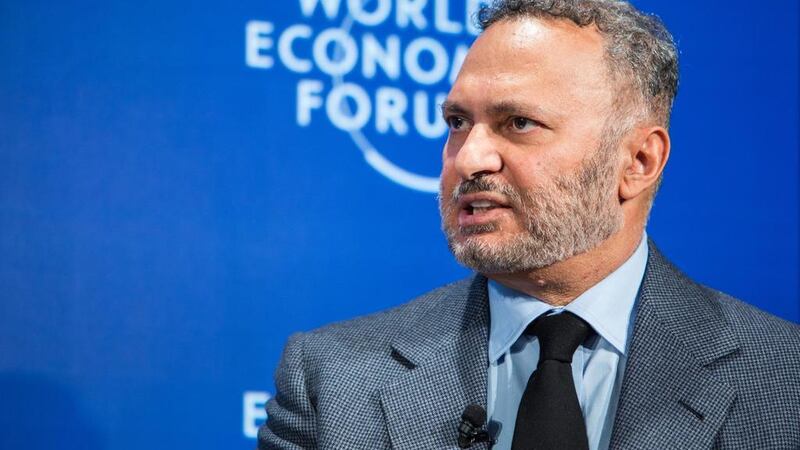The Middle East has made substantial gains against terrorism in the past few years. But there is another pestilence that has been obscured by the exclusive focus in recent years on terrorism: extremism. Dr Anwar Gargash, the UAE's Minister of State for Foreign Affairs, advanced this important nuance at a panel discussion on Wednesday at the World Economic Forum in Davos. Extremism, by encouraging the negation of reason and moderation, breeds the rage and resentments that so often culminate in terrorism. Last year's annual Arab Youth Survey, as Dr Gargash told the audience at Davos, revealed that Arab youth regard unemployment and extremism as the greatest challenges to the region. It is hardly surprising that purveyors of extremist ideologies thrive in societies with a surfeit of thwarted young men—societies, that is, where the state has retreated from its obligations and failed its people.
The Middle East, as Saudi Arabia's Foreign Minister Adel Al Jubeir explained at the same panel, is home to two competing visions. One, represented by Saudi Arabia and the UAE, strives to build a prosperous future for its young. The other, epitomised by Iran and abetted by its proxies, bulldozes the dreams and aspirations of the young in its calamitous pursuit of hegemony. Meanwhile Qatar, when it is not wrecking the region's stability by financing terrorists, contributes to Iran's sinister scheme by extending hospitality to toxic televangelists and preachers who prey on the minds of the vulnerable.
_______________
Read more
[ Davos 2018: UAE's Gargash calls for a discussion on extremist financing, blasts Iran ]
[ UAE's Gargash says Qatar will remain in dire situation despite investments ]
[ WEF 2018: Record number of attendees from Middle East in Davos ]
_______________
Collectively, these two forces are creating the conditions in which terror flourishes. Iran, the leader of the pack, is deeply mistaken if it believes that the Arab world will ever yield to it. Tehran's conduct has renewed the resolve of its historic victims to
[ bolster their defences and stand their ground ]
. Ultimately, the true victims of Tehran’s ruinous quest for supremacy, as Dr Gargash pointed out, are ordinary Iranians. It they who have most been betrayed by the self-serving “revolutionaries” who seized power in 1979. The recent
[ protests in Iran are a reminder ]
, Dr Gargash noted, that the Iranians will not long tolerate a regime that starves them and robs of them of dignity while diverting billions to finance terrorist outfits such as Hezbollah and murderous foreign leaders such as Bashar Al Assad.
Dr Gargash did not mention any of this to gloat at the Iranian regime. Instead, he raised it to express solidarity with the Iranian people. To their rulers, he proffered sincere advice: treat the protests as an opportunity, he said, to prioritise the needs of its people over the desire to destabilise the Arab world. An Iran that relinquishes "transnational sectarianism" and becomes a "normal country", he offered, can develop good neighbourly ties with the Arab world. The clarity of Dr Gargash's analysis was accompanied by a plea for normality and a hope for a better future—for the Arab world, but most urgently for the Iranians themselves.
Follow The National's Opinion section on Twitter





